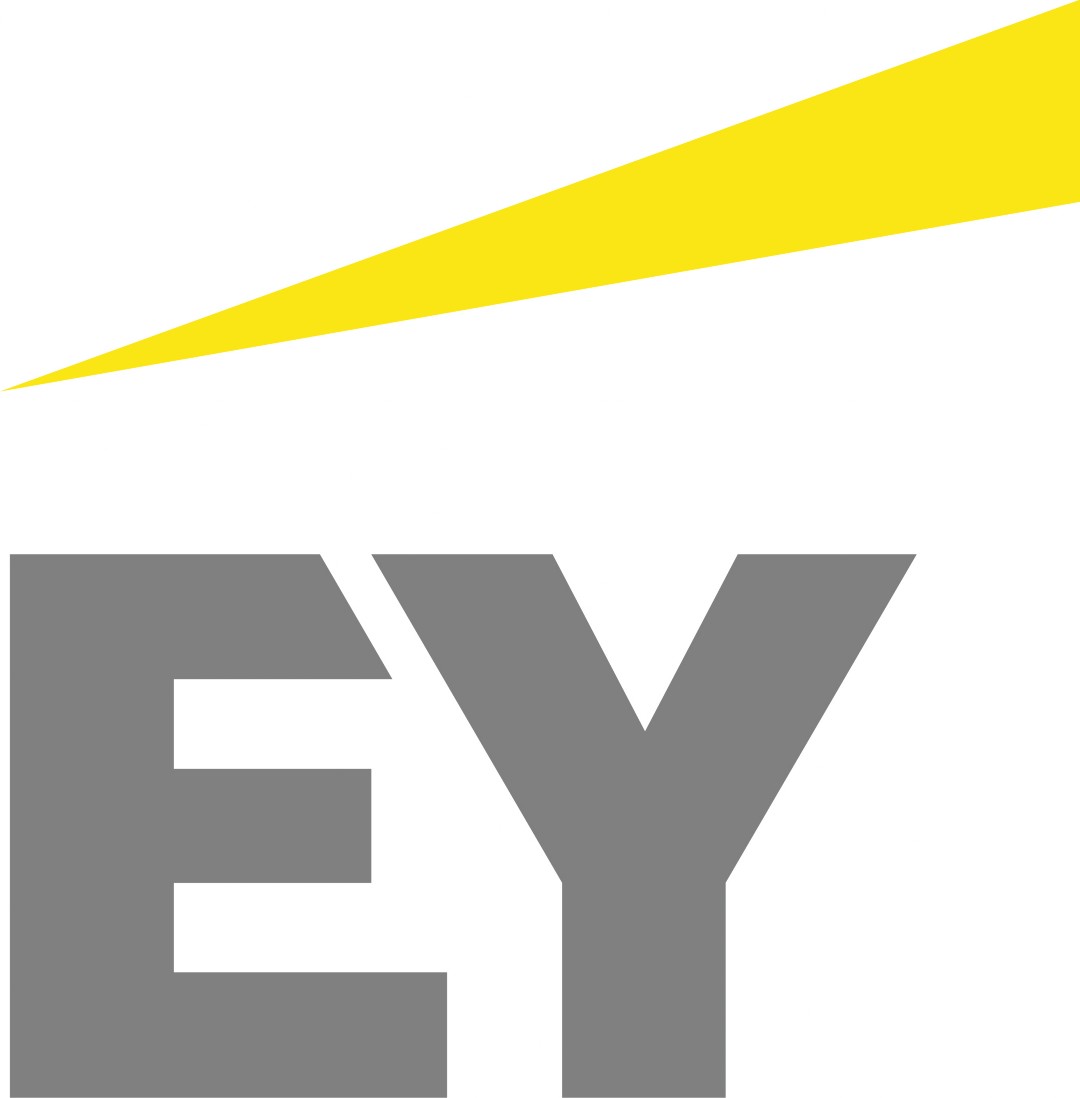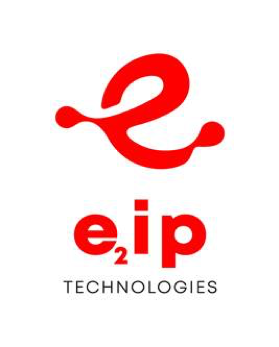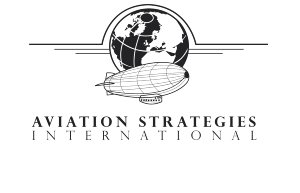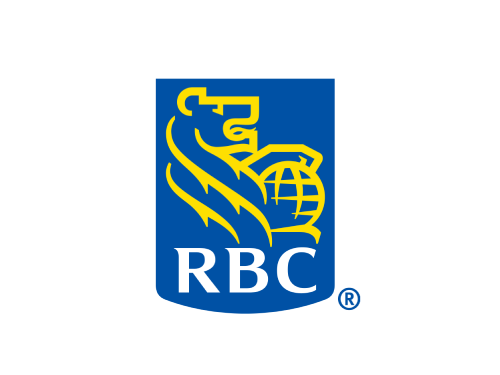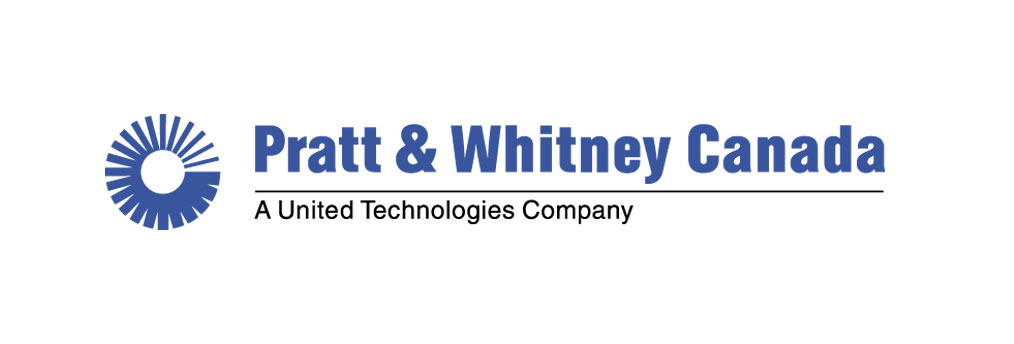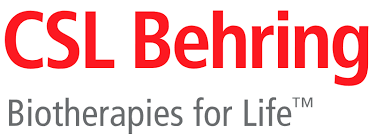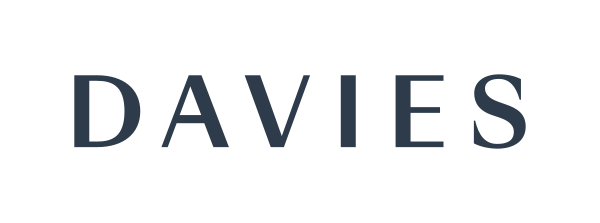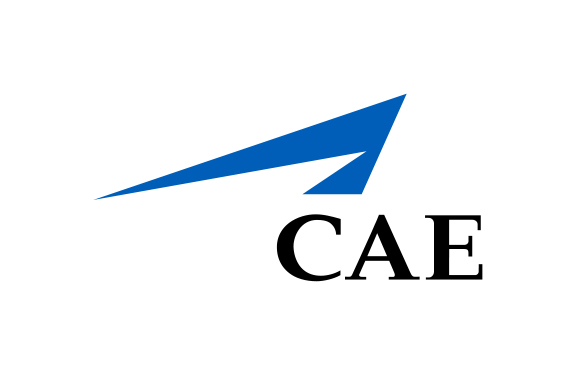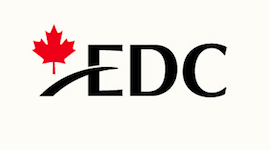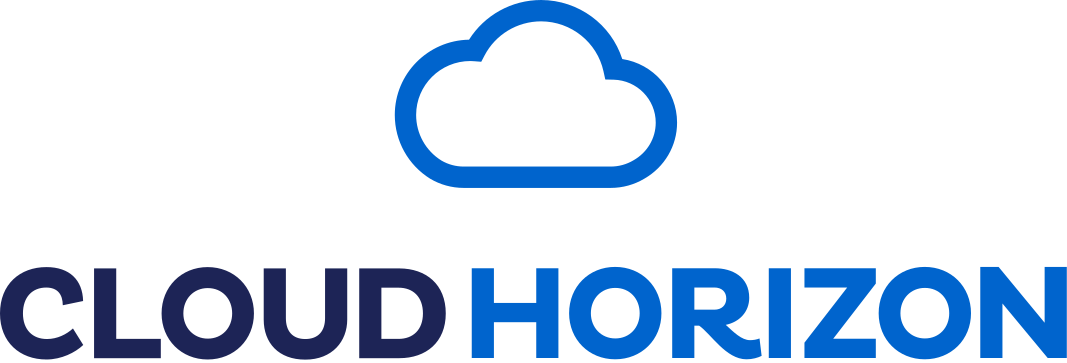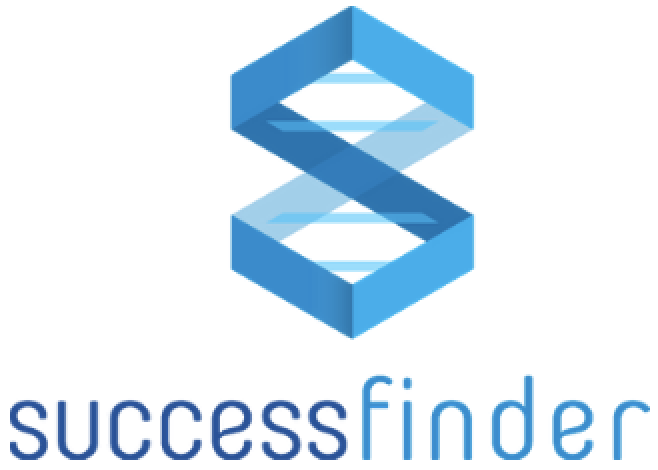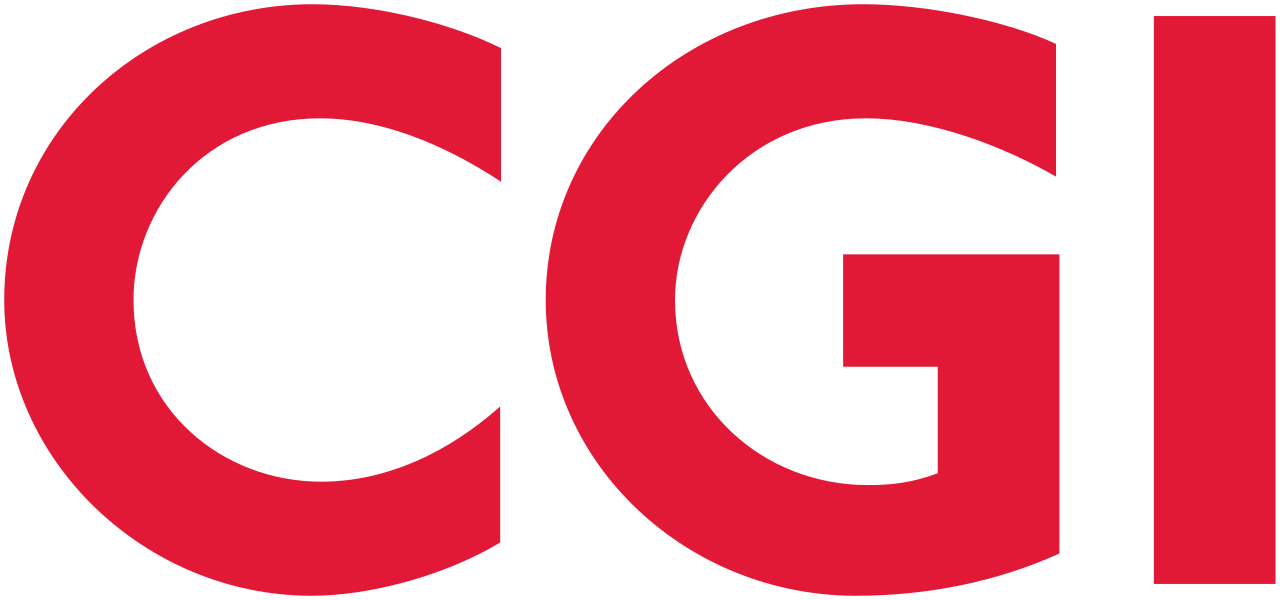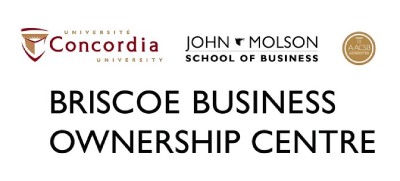MBA students are on the case
Aiming to present best solutions to business problems
With tryouts and wildcard teams, a round-robin format and pressure-cooker atmosphere, the event has all the attributes of a big-time sporting event. But the participants in this competition use pure brain power, not brute strength.
From Jan. 6-10, the John Mol-on School of Business at Concordia University is playing host to its 23rd annual MBA International Case Competition, when students will vie to present the best solutions to simulated and real-world business problems. The event, which is touted as one of the largest of its kind and oldest in North America, features a 32-university field this year.
A signature event of Concordia’s MBA program, the competition is a chance for top students to strut their stuff and the university and Montreal to put their best feet forward, said Geoffrey Kalil, a member of the competition’s student organizing committee. “We try to sell the event in many ways,” said Kalil, an MBA student.
The competitors get a chance to meet with corporate sponsors, who in turn use the event to scout out talent, Kalil said. The event has a $200,000 budget, the bulk of which comes from private sources.
Over the course of the five-day event, teams of four students analyze so-called, “virgin” cases, unpublished business problems on topics ranging from financial issues to marketing challenges. The cases are written by academics. A “live” case is also thrown into the mix, challenging students to evaluate an actual business dilemma facing a real company. Last year’s live case topic is still in the news: Pfizer Canada asked students for their advice on cross-border Internet drug sales.
Students in the competition have three hours to digest problems and prepare solutions using nothing but a dictionary and calculator. They present their answers, in English or French, using rough technology: an overhead projector and markers. “Most of us would be paralytic if we had to do it.” said James Cherry, president of Aeroports de Montreal and a judge at the event.
Cherry is one of 250 volunteer judges, all senior executives drawn from a cross-section of Montreal’s business elite. Norman Raschkowan, a senior vice-president and director at Standard Life Investments, also judges and is chairperson of the competition’s advisory board, which assists the student organizers. “It’s a wonderful opportunity for the city to be profiled among international students and coaches,” Raschkowan said.
By day, the students sit in locked rooms poring over cases, but by night they see the city taking in sporting events and attending social functions.
Tristan Cammaert competed with a York University team last year. Now working as a consultant, she says the skills she honed during the event have helped her on the job.
“Analyzing a lot of information in a short time, communicating directly and precisely and in a convincing way – these are important for me in my day to day” said Cammaert, 32. When she interviewed for jobs, having Concordia’s case competition on her resume helped, Cammaert said. “A lot of consulting firms know of it and recognize it,” she said.
Aside from prestige, top teams also walk away with cash: first prize is $10,000. The majority of teams at Concordia’s event are from North American schools, including the University of Toronto and Northeastern University in Boston, but universities in Germany, Finland, Sweden, New Zealand and Spain are also represented.
Concordia is only one venue for business case competitions. Several universities and large private companies in the U.S. host similar events.
The case method, which the Harvard Business School claims to have pioneered, is widely used outside competitions as part of the regular curriculum of most business schools.

